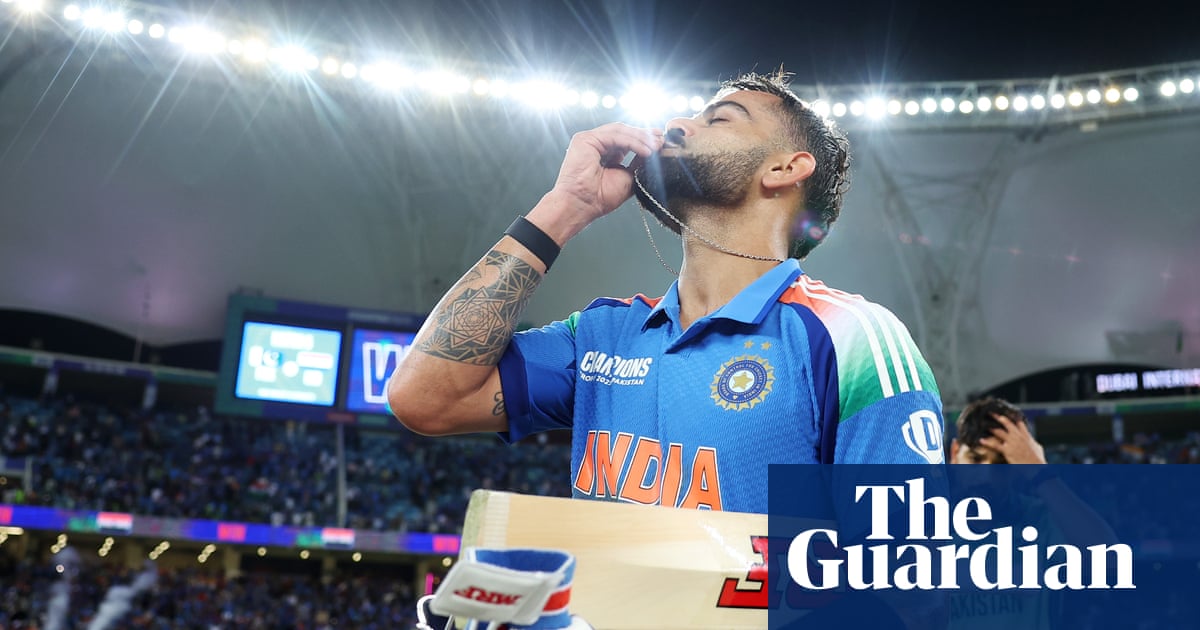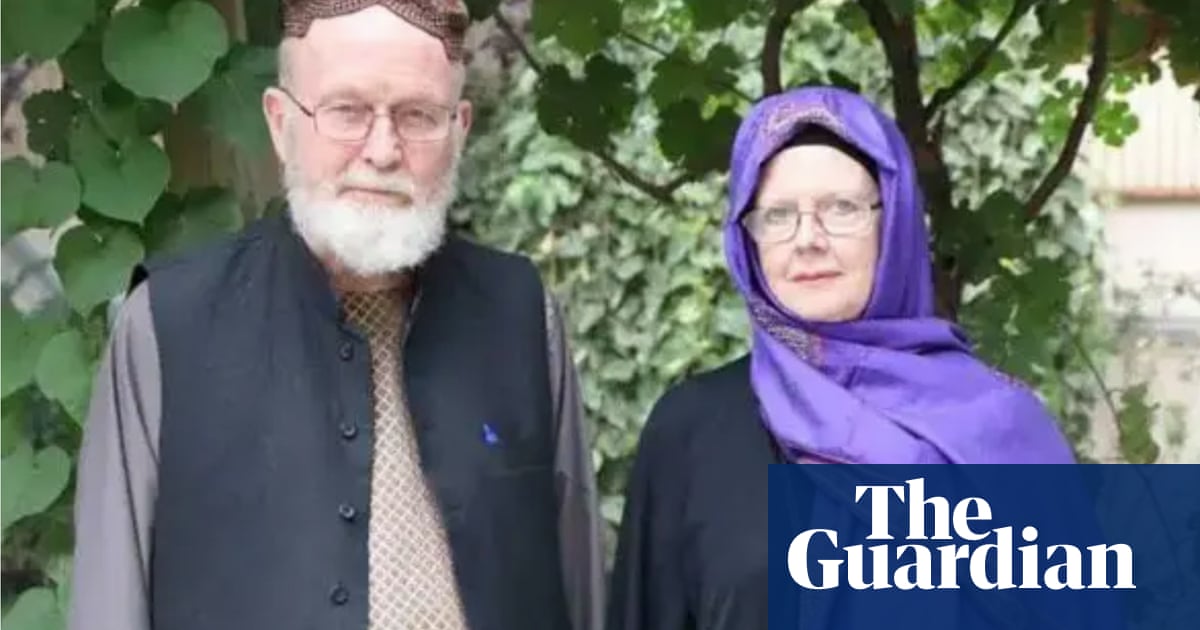So here it is. 27 November, the centrepiece of a desperately sad sequence of dates. 25 November, the day 10 years ago when Phillip Hughes was struck by a cricket ball and hospitalised. 27 November, when his life support was ended as futile. 30 November, the 26th birthday that he never reached. 3 December, the funeral that spilled down the street of Macksville. 9 December, his teammates somehow pulling themselves together for a Test match where his absence made him the defining presence. 13 December, relief more than happiness when they won, the one thing they could control.
You probably recall that match, the ceremony around it. The pictures are bright, an easy transfer from television screen to memory. Other memories we might prefer not to summon, but when we do, they’re stronger. Anyone who lived through that time will know the suffocating three days of waiting, from the news of an injury on the Tuesday to Peter Brukner’s confirmation of death on the Thursday. Those close to the centre knew soonest that there would be no recovery, and word filtered outward, but for most people the official announcement was all that ended their hopes for a miracle.
The ranks of bats placed in tribute on front porches and outside dressing rooms across the country and then the world, they were testament to the waiting. Symbols of a mass vigil, the need to do anything to counter the feeling of helplessness and of isolation. That became a way for people to signal their distress, externalise it, show solidarity. Across suburbs and cities and towns, each pocket of sadness now linking with the next, twinkling into view like streetlights on a distant range.
It must be complicated for those closest to Hughes, their private grief becoming public in ever-widening ripples that crossed a planet. It would make sense to want to hold it close, to be possessive, keep it from strangers. But perhaps there is also solace in being able to share that grief. With enough time, everyone comes to know what it’s like to lose someone incredible. We sit at a funeral wishing the whole world knew about this person, wishing the world knew what it was losing. Here, the world did.

Only his inner circle knows the detail of who Hughes was. The rest of us know the glimpses that came through his game. We mourned something symbolic, something daring and bright eyed. Dare we: young and free. We mourned the loss of his game’s future, too. There is a tendency when writing on Hughes to say that the cricket doesn’t matter. But it also does matter, in the way that any cricket matters. Trivial compared to life as a whole, but also a part of life, a component of the same stuff. His absent cricket future is symbolic of his broader future, in which cricket would have played a central part.
At 10 years, we can acknowledge the lost cricketer as part of the lost person. He gets spoken of now as someone who was tipped for 100 Tests, and the generosity of eulogies assumes that this would have come true. Probability is more hardbitten, given his treatment at selection and his aggressive unorthodoxy along with lean patches. Having Hughes go shot for shot with David Warner for 10 years as an opening partnership would have been a spectacle, but would likely have been untenable.
But he might have found a way in the middle order, where he played so well at Trent Bridge in 2013. In speaking of 100 Tests, you can forget that he was already more than a quarter of the way there. More astounding is 114 first-class matches by the age of 25, numbers that most domestic players now won’t reach in whole careers. Between Australia, England and northern hemisphere reserve tours, Hughes played 14 cricket seasons.
So surely, you think, he would have been good enough. The kid prodigy, going big time and again. His 26 first-class centuries is another tally that contemporary domestic players won’t touch in twice the years. His treatment from selectors was dire. Twin tons in Durban, dropped after one bad Ashes Test. Demolition derby in Wellington, dropped next game. Ton in Colombo, near enough in Johannesburg, dropped after two bad games against New Zealand. Trent Bridge was the best innings of his career, 81 not out conducting the orchestra during Ashton Agar’s 98, and it got him one more Test.
after newsletter promotion

It really felt like they were schooling him like a bad kid, coming down harder than on anyone. Some combination of odd technique, attacking batting, and a potential higher ceiling brought on the strictness. Months before he died, he tore up an Australia A series against the Indian and South African equivalents: a double century and three fifties in the one-dayers, a double and another century in the first-class games. Surely they had to pick him? No dice.
So you get to chains of events. Of course, of course, this is nobody’s fault – but logic says that if he’d been in the Test side for the approaching summer of 2014, he might not have played that final Shield game where he was trying to nail a recall. The sequence of bad luck is unfathomable. Even if he had played, he would have batted differently. The smallest change would have averted the rest. The ball that struck him was a slower ball. None of what happened could be logically anticipated. Stories of miracle survival have their counterweight in stories of incredible bad luck.
And again, so many of us know this aspect of loss. The unfairness that we keep twisting back to. We rail against the world. We bargain with it. We lie awake at night tracing ways that things could have unfolded differently, thinking that if we map them often enough then they just might stick. Leaving the shop two minutes earlier. Getting a routine check-up. Making the phone call that we put off and forgot. All the billions of tiny intersections of fate. And as always, we come up against the monolith of time past, of events untouchable. Our bargains are ignored. The world is impassive. All we can do is keep living in it, until we stop.

 2 months ago
48
2 months ago
48













































